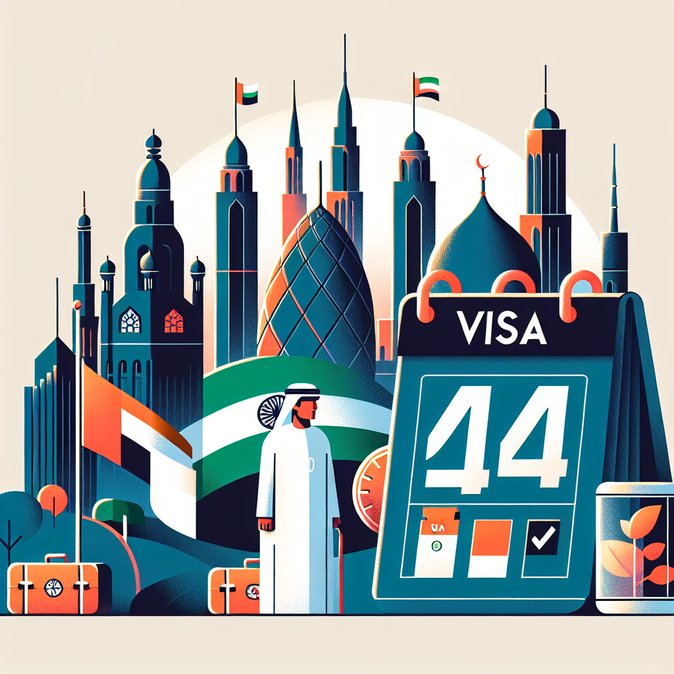
Indian travellers finally have definitive guidance on the United Arab Emirates’ popular visa-on-arrival facility after Abu Dhabi released a consolidated advisory dated November 9. The notice confirms that Indian citizens holding a valid— and unexpired—US, UK, EU/Schengen, Canadian, Australian, New Zealand, Japanese, Singaporean or South Korean long-term visa or residence permit may receive a single-entry UAE visa on arrival.
Two fee options are now standard nationwide: AED 100 (≈ ₹2,260) for 14 days and AED 250 (≈ ₹5,650) for 60 days. Both can be extended once for the same duration at AED 250, and overstay fines have been fixed at AED 50 per day. Crucially, travellers must carry the physical third-country visa or residency card—digital copies are not accepted at immigration e-gates.
![UAE Issues Detailed Advisory Clarifying Visa-on-Arrival Rules for Indian Passport Holders]()
For corporate mobility teams, the clarification removes airport-to-airport inconsistencies that have plagued last-minute business trips. Convention organisers in Dubai expect smoother delegate flows from India, while travel-risk managers welcome the clear overstay penalty structure that can be factored into insurance policies. Airlines such as IndiGo and Air India Express, which operate more than 500 weekly India-UAE flights, anticipate a bump in spontaneous leisure bookings.
Consultancies note, however, that the scheme remains single-entry. Frequent flyers are lobbying for a multi-entry variant that would align with Singapore’s and Qatar’s business-visitor models. UAE officials have said that option is “under study” as part of a broader post-pandemic visa overhaul.
Indian passport holders without qualifying third-country residencies must still obtain an e-visa in advance. Travellers are advised to check passport validity (six months minimum) and carry proof of onward travel and hotel bookings to avoid discretionary refusals.
Two fee options are now standard nationwide: AED 100 (≈ ₹2,260) for 14 days and AED 250 (≈ ₹5,650) for 60 days. Both can be extended once for the same duration at AED 250, and overstay fines have been fixed at AED 50 per day. Crucially, travellers must carry the physical third-country visa or residency card—digital copies are not accepted at immigration e-gates.

For corporate mobility teams, the clarification removes airport-to-airport inconsistencies that have plagued last-minute business trips. Convention organisers in Dubai expect smoother delegate flows from India, while travel-risk managers welcome the clear overstay penalty structure that can be factored into insurance policies. Airlines such as IndiGo and Air India Express, which operate more than 500 weekly India-UAE flights, anticipate a bump in spontaneous leisure bookings.
Consultancies note, however, that the scheme remains single-entry. Frequent flyers are lobbying for a multi-entry variant that would align with Singapore’s and Qatar’s business-visitor models. UAE officials have said that option is “under study” as part of a broader post-pandemic visa overhaul.
Indian passport holders without qualifying third-country residencies must still obtain an e-visa in advance. Travellers are advised to check passport validity (six months minimum) and carry proof of onward travel and hotel bookings to avoid discretionary refusals.










